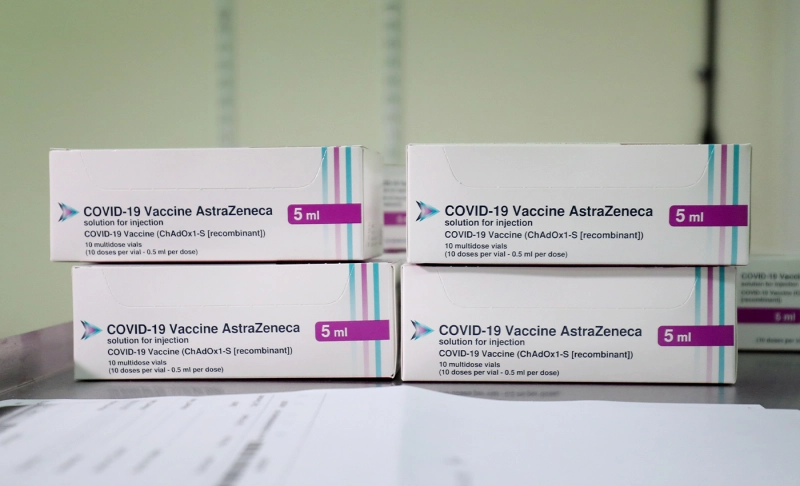By: Devika Kandelwal
January 22 2021
Misleading: With COVID-19, vaccine manufacturers have zero liability for any harm done. If people are killed, hurt, paralyzed, or maimed for life—it doesn't matter.

The Verdict Misleading
COVID-19 vaccine manufacturers are exempt from future product liability claims, but the vaccines authorized for use have undergone rigorous trials.
COVID-19 vaccine manufacturers are exempt from future product liability claims, but the vaccines authorized for use have undergone rigorous trials. Vaccines undergo rigorous clinical trials before they are approved for use by the general public. Despite this, they can cause side effects, sometimes called “adverse events." Adverse events can include allergic reactions, fainting, and certain neurological conditions like encephalitis. Most of the time, these side effects are rare and mild. But people sometimes wonder—in the vent of vaccines cause severe damages—who is liable for this happening. In the U.S., COVID-19 vaccine injuries will be covered under a program called the Countermeasures Injury Compensation Program, which provides liability protection for companies that develop vaccines, medicines, and other products that are intended to end a pandemic or other emergency. For any COVID-19 vaccine, Health and Human Services (HHS) say people are eligible for compensation if they can show compelling medical evidence that it caused a serious injury. The U.S. also has a law called the 2005 Public Readiness and Emergency Preparedness, or PREP Act. This excludes tort claims from products that help control a public-health crisis. Under this law, the HHS secretary provides legal protection to companies making or distributing critical medical supplies, such as vaccines and treatments, unless there’s “willful misconduct” by the company. The protection lasts until 2024 and protects companies like Pfizer and Moderna. Similarly, in the U.K., manufacturers “cannot generally be sued in the civil courts for the consequences resulting from the use of an unlicensed product, or a new use of a licensed product, that a national licensing authority is recommending in order to deal with certain specific health threats,” according to a government consultation document. However, the government consultation document also states that the law “does not provide complete immunity from civil liability.” If the product is not found to meet safety standards or is defective, then there is a liability. European Union officials informed Reuters that product liability is one of the biggest contentious issues in European efforts to secure a vaccine. AstraZeneca reportedly came to a deal with Europe. According to a Reuters article from August 26, the EU commission would only offer partial protection to manufacturers against liability, ‘hampering deals in contrast to US policy.’ Therefore, the administration of the vaccine lies in the balance of political, economic, and sociological interests. The safeguard from liabilities is to make sure manufacturers are not discouraged from supplying vaccination. But these safeguards are used to spread misinformation and disinformation. In a video published on November 18, Dr. Carrie Madej, an osteopath, claims that: "With COVID-19, vaccine manufacturers have zero liability for any harm done. If people are killed, if they're hurt, if they're paralyzed, if they're maimed for life, it doesn't matter." With this statement, Madej implies that COVID-19 vaccines will not be safe, and manufacturers are not concerned about the safety since they are protected from liabilities. But that is not true and is highly misleading. Drugmakers like Pfizer continue to reassure the public no shortcuts were taken. “This is a vaccine that was developed without cutting corners,” CEO Dr. Albert Bourla said in an interview with CNBC. He further said: “This is a vaccine that is getting approved by all authorities in the world. That should say something.” The COVID-19 pandemic has given rise to a lot of potentially dangerous misinformation. For reliable advice on COVID-19 including symptoms, prevention and available treatment, please refer to the World Health Organisation or your national healthcare authority.


